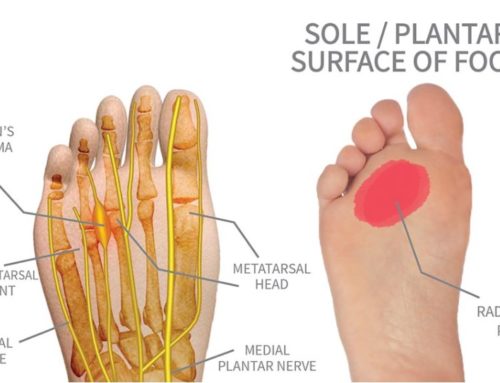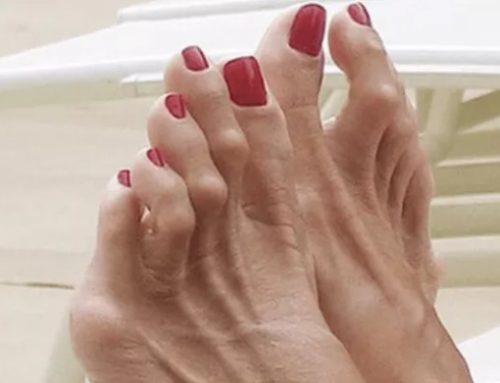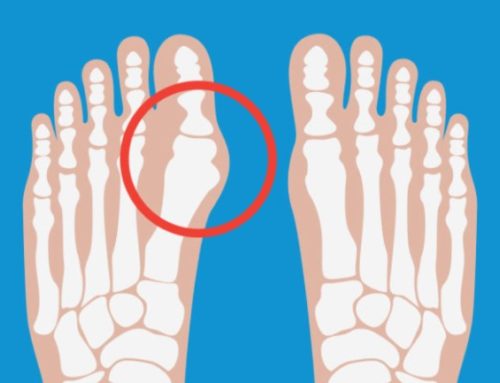Finally, the last of the four major areas that can be preventing ulcerations from healing. Just a recap, the other three areas are bacterial count, amount of blood flow and offloading of the wound. The last will be discussed below:
- Nutrition: Adequate nutrition is paramount for wound healing. Not only can poor nutrition lead to obesity, diabetes and heart disease to name a few, it can also slow down the progression of wounds. Protein, vitamins (especially A and C) and zinc are key factors for healing. There are multiple ways that your podiatrist can evaluate your nutritional status. Most of these are through a simple blood test. Albumin, pre-albumin and lymphocyte count are some tests that can be ordered that primarily look at protein levels necessary for good healing. Sometimes albumin levels come back normal although patient has recently had a decrease in protein in diet because it takes 2-3 weeks for albumin levels to catch up with protein loss. Pre-albumin shows a much quicker decrease with poor nutrition. It is also important to screen patients for alcoholism as this leads to malnutrition commonly. Your podiatrist will commonly refer you to a nutritionist and take a multidisciplinary team based approach to get you best results. Nutritional supplements may be prescribed for patients as well without adequate nutritional status to allow for best chance for healing of wounds.
Call Quality Foot Care today at 215-230-9707 to visit with Doylestown’s community podiatrists. We will be happy to discuss the above in detail and help you stay on your feet.




Leave A Comment